How aware are you of your inner voice?
“How aware are you of your inner voice? Do you identify with it? If so, how?”
This morning, I started listening to Michael Singer’s, “Surrender Experiment” as the topic of the inner voice was brought up.
“How aware am I of my inner voice?” I thought to myself.
The first moment of awareness that popped into my head was from five years ago.
I remember it as if it happened yesterday.
I was sitting under one of those huge oak trees in Newark DE, surrounded by freshly cut green grass, empty notebook to my right, a handful of pencils to my left, feet crossed in a meditative position.
Preparing myself, mentally, for the best possible outcome.
It was Day 1 of meditating, at least on a consistent basis, so I wanted it to be perfect 😂
I remember sitting there, eyes closed, observing my inner voice speak at a rate of one thousand words per minute.
“Could all of these people passing be quiet?”
“Why is she judging others?”
“What kind of bird was that?”
One thought after another flashed in front of me.
I kept sitting there.
Simply observing all of the thoughts inside me, as well as the chatter of my inner voice.
It was one of the first moments, to my awareness, where I was able to fully observe the space between self and inner voice.
For years, I identified with what the inner voice was telling me to see.
Whether it was thoughts about myself or those surrounding me.
“You’re stupid.”
“You’re smart.”
“You’re not good enough.”
“Look at what she’s wearing.”
Thoughts that might have carried some grain of truth with them, but not the ultimate truth.
Not the truth that my inner self identified with.
That is exactly what this meditation helped me see differently.
The perspective of my inner voice.
The opportunity not to identify and vocalize everything I was hearing inside of me.
It felt liberating.
It was as if I discovered fire for the first time.
My first instinct was to share it with everyone.
But, as I finished the practice I chose to do something different.
I chose to keep what I experienced to myself and only share with those who were curious in learning about what I went through.
This space became sacred.
I wanted to preserve the inner peace, inner quiet such space created.
Today, I’m grateful for Michael Singer’s book, “Surrender Experiment” and the memory it brought up.
How aware are you of your inner voice? What is it telling you about your experience on this planet?
